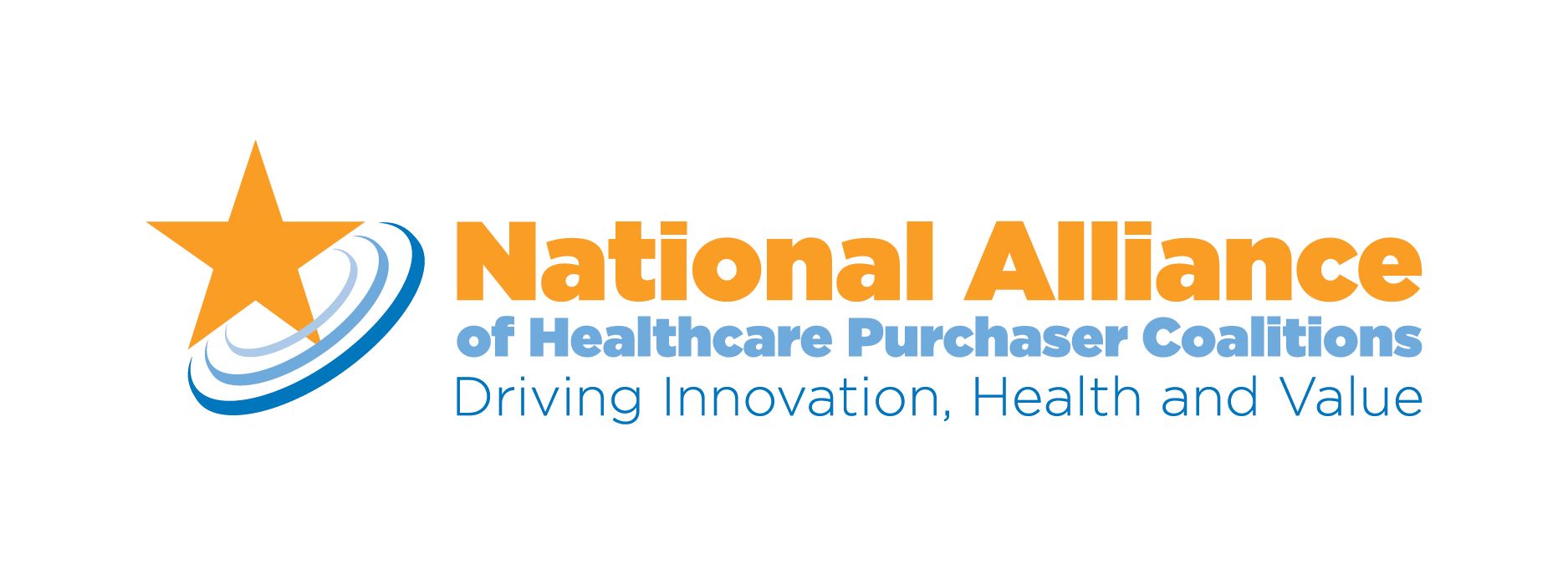
How Physicians, Purchasers Are Aligning Interests to Accelerate Value-Based Care Delivery

Roundtable discussions between health care purchasers and physician practices highlight their aligned interest in having patients managed by a primary care physician, with other topics such as behavioral health, social determinants of health, and telehealth referenced as well.
Roundtable discussions between health care purchasers and physician practices highlight their aligned interest in having patients managed by a primary care physician, with other topics such as behavioral health and telehealth referenced as well, said Norman Chenven, MD, vice chairman of Council of Accountable Physician Practices, said Norman Chenven, MD, vice chairman of CAPP.
Transcript
AJMC®: Hello, I'm Matthew Gavidia. Today on the MJH Life Sciences’
There were several noteworthy strategies for employers identified in the
Dr Chenven: There was a lot to talk about. Health care is big and complicated; there are a lot of opportunities, there are a lot of challenges. I think where we started in the discussion was, I think both entities, both sides, believe that patients should be managed by a primary care physician, that the best way to get coordinated and efficient and high-quality care is for a physician and a patient to align around the goal of achieving good health for that patient.
In addition to that, there's a great deal of concern on both sides about behavioral health. Behavioral health tends to be fragmented in this country, hard to access, and underpaid for the services that they deliver. We've found in our organization, as well as many of the CAPP organizations across the country, that if you put behavioral health together with primary care, you solve lots and lots of problems.
We hear a lot about the issues involved with social determinants of health, and behavioral health is one of those very major factors that can affect health. Even with the best medicine, the best surgery in the world, if the patient doesn't have a good living environment and doesn't have behavioral health support to change practices and activities, then you're still going to have a suboptimal outcome.
In addition to that, we did talk about
So, it was virtually impossible for a group like ours to conduct what we do now, which is somewhere in the range of 20%-25% of our visits through telehealth. That's easier for the patient, it's easier for the physician, it results in much more efficiency if a patient is sick. Rather than looking for a time to come in or schedule, we can schedule telehealth more rapidly and manage the patient's care.
There are multiple other aspects, but having organized delivery of care, which is something that CAPP groups support. In other words, we are multispecialty groups. Primary care, specialty, and behavioral health are all under 1 roof with 1 electronic medical record. It makes an enormous difference in terms of the care and the efficiency. We can take care of something very rapidly that otherwise might result in a series of disconnected visits over 1 or 2 months.
In our setting, if a patient needs to see a surgeon right away, we have our primary care doctor just walk them across the hall and get him to the surgeon. And a problem can be solved in 2 days that might otherwise take 2 weeks or 2 months. So, that explanation and that discussion, I think it's going to yield some fruit for all of us.
AJMC®: To learn more, visit our website at ajmc.com. I’m Matthew Gavidia. Thanks for joining us!
Newsletter
Stay ahead of policy, cost, and value—subscribe to AJMC for expert insights at the intersection of clinical care and health economics.









